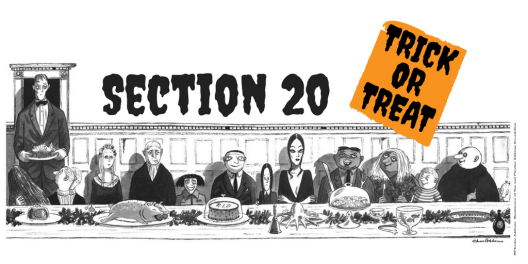The children and family court support service was rated “bad” by 95% of reviewers on the consumer site.
Cafcass, which has struggled to shed its reputation as a poor support service for parents and children going through the UK’s family courts, has received a barrage of bad reviews on the consumer review website, Trustpilot.
The reviews began in 2018 and stretch across 18 pages, written by both men and women who have used Cafcass while going through the family courts. The service’s troubled operation has led families across England and wales to nickname the body, Crapcass.
The latest review, left on the site just hours ago, is entitled, “Organisation with a god complex”, and goes on to highlight several concerns with the support service, including limited interview times with children, non-evidence based allegations against parents and concerning interview techniques.
Another reviewer said the service was “extremely dangerous and damaging,” referring to a phenomenon in which some parents who allege abuse find they are accused of parental alienation by Cafcass social workers without any evidence and then have their children removed from their care.
Despite Cafcass receiving an Outstanding rating by Ofsted in 2018, ongoing concerns about the service were raised in Parliament that same year by Jess Phillips MP, who called for a government review of Cafcass after she received 199 pages of testimonials from parents who had been subjected to poor social work assessments.
The call was made during a debate in July 2018, in which she said,
“On the issue of CAFCASS workers receiving appropriate training, I say to the Minister that it is not working. There needs to be a Government review of CAFCASS and the way its workers are interacting with victims, as well as of settings where families go for visits.”
The Trustpilot reviews outline similar experiences from families in both public and private family law cases, with recurring themes of incompetence, falsification of records, lying in court and a disregard for the voice of the child mentioned in several of the comments.

One mother said, “This organisation is a disgrace to our nation. They don’t care about the child’s wishes and they most definitely are NOT the voice of the child. They seem to be the only ones in the social care sector who are Not held accountable for their actions.”
While a father commented, “Dreadful, makes out everyone is up to no good when the reality it’s them who are doing wrong and going unpunished clearly thinking they’re a superior race.”
Another father suggested that Trustpilot had deleted several other negative reviews, raising questions as to the real number of complaints submitted to the site, which may have been removed for falling foul of the site’s posting policies:
“Cafcass were told to leave a meeting with me, my barrister and my domestic abuse worker because she was butting in with completely irrelevant stuff and also told to be quiet by the judge. Even though I gained full living with order for my 2 children, cafcass did everything they could to ruin it. Even told my ex to get a drugs test on me done (my ex is an addict) came back completely clear. Cafcass are crap. If this review is deleted like a lot of other negative cafcass reviews then shame on you trustpilot.”
Many of the headlines on the review site for Cafcass included the phrase, “Not fit for purpose” and adjectives like corrupt, evil and liars.
One reviewer also said she had experienced racism from Cafcass officers, commenting, “This bunch of largely white, middle aged women routinely take the side of abusive men, if challenged, or if found out in a lie or a manipulation they will circle their wagons and protect their own. The last people on their list are the children they are supposed to protect, and routinely fail, with tragic consequences.”
However some parents felt the service had helped.
One mother, who gave the child welfare body an “excellent” rating, said, “Thankfully, after the years of mental abuse, CAFCASS finally saw the real feelings of my children. Many on here have left a negative review because they have been ‘bitten on the backside.’”
A father who also left a five star review on the site explained, “I had to go for a shared arrangements order through the courts as my ex would not allow me to see my son. Cafcass was excellent and treated me with respect and fair and i now see my son all the time.”
Many thanks to Millicent Fawcett on Twitter for alerting us to this development.







